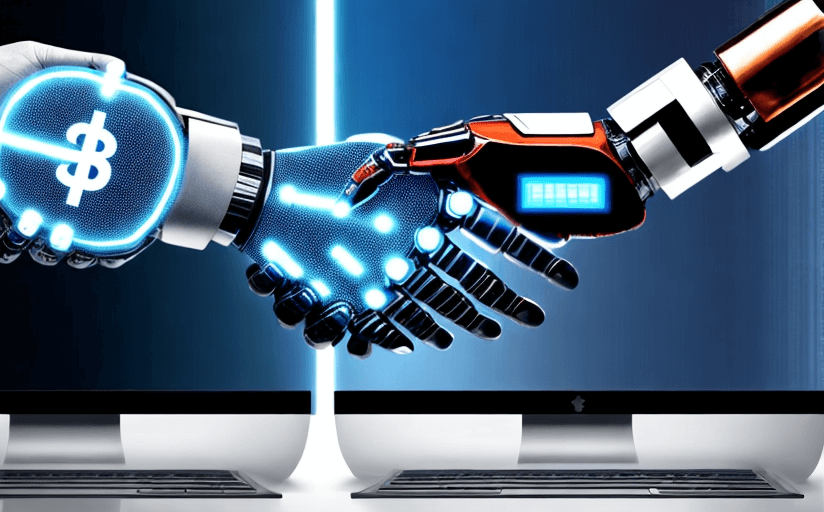The Ethical Implications of Artificial Intelligence (AI) in Business and Entrepreneurship
Artificial intelligence (AI) is increasingly becoming a game changer in the global business landscape, with its immense potential to transform business operations and entrepreneurial ventures. However, as the technology continues to evolve, so does the complexity of its ethical implications. These involve, among others, aspects of privacy, transparency, security, and accountability.
Impact of AI on Businesses and Entrepreneurship
AI has an undoubtedly positive influence in streamlining business processes, enhancing customer experiences, and driving innovations. Nevertheless, its integration also brings attendant ethical complications. A bad decision made by an AI system can result in large civil liabilities, breach of laws, reputational damage, and lose customers' trust.
Ethical Considerations
Some substantial ethical implications of AI involve privacy, bias, job displacement, and lack of transparency. Without proper governance and ethical guidelines, AI systems can undermine individual privacy and security, promote bias and discrimination, and cause a significant shift in the job market.
Previous Ethical Complications
In 2016, Microsoft’s AI chatbot, Tay, was taken offline within 24 hours of its launch as it started to tweet offensive comments, demonstrating potential implications of AI in case of lack of appropriate oversight and control.
Role of Businesses and Entrepreneurs
Businesses and entrepreneurs can play a vital role in promoting ethical use of AI by implementing detailed guidelines and principles, ensuring the technology is designed and used responsibly. They should also focus on educating their teams about ethical AI practices.
Present Regulatory Frameworks
Existing regulations, such as the General Data Protection Regulation (GDPR) in the EU, impose rules on AI system design and operations. However, the rapid evolution of AI leads to a continuous need for regulatory updates and stricter frameworks worldwide.
Suggestions for Improvement and Precautions
Adoption of AI ethical frameworks like the one proposed by the European Commission can guide businesses in ensuring that their systems are lawful, ethical, and robust. Additionally, broad stakeholder engagement in AI ethics discussions and development of industry ethical guidelines can further assist in mitigating the negative impact of AI.
In conclusion, the ethical implications of AI in business and entrepreneurship are vast and complex. But with the right understanding, involvement, and robust ethical frameworks in place, the technology’s potential can be harnessed effectively and responsibly for the betterment of business and society at large.

















Comments
Leave a Comment